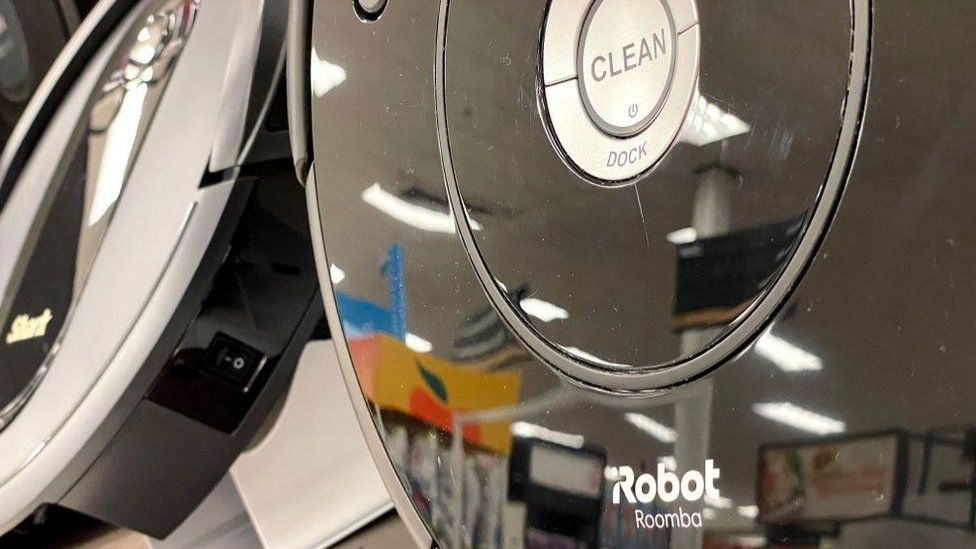Introduction
Importance of Job Interview Preparation
Landing your dream job often comes down to how well you perform in the all-important job interview. While a stellar resume and cover letter may get your foot in the door, it’s the interview that will determine if you actually get the job offer. That’s why it’s absolutely crucial to prepare and practice for job interviews.
Thorough preparation and researching both yourself and the company will help you walk into the interview room with confidence. Knowing how to eloquently communicate your skills, experience and fit for the role is key. You’ll also need to prepare for those common interview questions that most employers rely on to assess candidates. And of course, you’ll want to avoid any mistakes that could cost you the job.
Following key job interview tips and best practices will optimize your chances of impressing the interviewers and getting the coveted job offer. Read on for 10 of the most important things you should do before and during a job interview to land your dream job.
10 Crucial Job Interview Tips
Research the Company
One of the most important job interview preparation steps is thoroughly researching the company you’re interviewing with. Being knowledgeable about the company’s mission, values, products, services, culture and recent news will help you better understand if you’re a good fit for the role and company. It also enables you to ask thoughtful questions and have an intelligent conversation with the interviewer.
Visit the company website and social media pages, read recent press releases, news articles and blog posts. Search for information on the interviewers themselves to gain insight into their backgrounds. Use your research to highlight ways you could contribute to the company’s objectives if hired.
Dress Professionally
They say don’t judge a book by its cover, but in interviews, appearances matter. Dressing professionally for a job interview enables you to make a great first impression. For most office jobs, you’ll want to wear a business formal suit in a dark color like black, navy or gray. Make sure clothes are neatly pressed, shoes polished, hair styled, and facial hair groomed.
Avoid distracting accessories or style choices. You want the focus to be on your skills and qualifications, not your outfit. Remember, overdressing is better than underdressing. Skip the jeans and flip flops which signal casualness. Look and feel your professional best.
Arrive Early
Never be late for a job interview! In fact, plan to arrive at least 10-15 minutes early. This ensures you have plenty of time to find parking, locate the office, and relax before the scheduled meeting time. Arriving early also demonstrates punctuality, respect and enthusiasm for the opportunity.
Before leaving home, confirm the interview location and allow extra time for traffic or transportation delays. Have the interviewer’s contact information handy in case you need to notify them of a late arrival. Rushing into an interview stressed and flustered can sabotage your performance, so build in a buffer.
Prepare Answers to Common Interview Questions
You can expect to be asked certain common interview questions by most employers. These include questions about your employment history, reasons for leaving previous jobs, strengths and weaknesses, career goals, and how your skills relate to the open position. Preparing and practicing responses to these typical questions well in advance allows you to give smooth, thoughtful answers.
Have clear examples that highlight achievements, teamwork, leadership, problem-solving and other relevant skills. Be ready to explain any employment gaps or discuss any other potentially sensitive topics. Practicing your responses out loud with a friend helps polish your answers.
Showcase Your Skills and Experience
A job interview is your opportunity to showcase why you’re the best fit for the role. When answering questions, focus on highlighting your most relevant hard and soft skills needed for the job. Provide examples that demonstrate times you successfully applied those skills in past roles to achieve results.
Quantify your accomplishments with facts and data when possible. For example, rather than saying “I increased sales,” say “I increased sales by 30% over 6 months.” Prepare stories that illustrate skills like leadership, communication, teamwork and creativity.
Align your experience and qualifications with the job description and emphasize how you could immediately contribute value in the role.
Ask Thoughtful Questions
Towards the end of most interviews, the interviewer will ask if you have any questions for them. This is your chance to show interest in the company and role while obtaining more information. Come prepared with thoughtful questions based on your research that demonstrate your understanding of the company and position.
You can ask about challenges faced in the role, team dynamics, new projects on the horizon, or company culture. Avoid questions about salary, benefits or time off which can give the wrong impression. Smart questions show your engagement.
Demonstrate Confidence and Positivity
Going into an interview with confidence and a positive attitude can give you an edge over other applicants. Speak clearly and make eye contact to show you are comfortable and open. Sit up straight with your shoulders back to project confidence through body language.
Smile and shake the interviewer’s hand firmly. Be friendly and enthusiastic in your responses. Talk about how excited and passionate you are about the potential opportunity. Avoid criticizing past employers or appearing desperate.
Practice Good Body Language
Your body language during job interviews can speak volumes. Be aware of your posture, expressions, hand gestures and eye contact. Sit upright and lean slightly forward to signal engagement. Smile, make eye contact and nod to show active listening as the interviewer speaks.
Keep hand gestures to a minimum. Clasp hands in your lap if needed. Avoid fidgeting or slouching, which can convey boredom or nerves. Match your body language to your words to appear more sincere and confident.
Follow Up with a Thank You Note
Stand out from other applicants by sending a thank you note or email within 24 hours after the interview. Thank the interviewer for their time and reiterate your interest and fit for the position. This shows appreciation, manners and follow through.
Mention something specific discussed that resonated with you about the role or company. Briefly reinforce one of your qualifications or restate why you want the job. Keep the note brief but personalized. Following up is one more chance to make a great impression.
Stay Calm and Positive
Interviews can create anxiety even for the most qualified candidates. The key is to stay calm, focused and think positive. Take deep breaths before the interview to manage nerves. If you become flustered during an interview, pause and collect yourself before continuing.
Visualize yourself nailing the interview and getting the offer. Be confident in the skills and experience you bring to the table. If you don’t get the job, keep things in perspective and maintain a positive attitude as you pursue new opportunities.
Conclusion
Highlight the Importance of Job Interview Tips in Landing a Dream Job
Being thoroughly prepared both mentally and practically for critical job interviews gives you your best shot at showcasing your fit for the role and impressing the interviewer. From researching the company to practicing your responses to dressing professionally, following key job interview tips demonstrates your commitment to excellence.
Mastering how to communicate your qualifications confidently and with poise is essential. Avoiding common interview mistakes that eliminate candidates is also key. While you can’t control every hiring outcome, meticulous interview preparation and execution on your part can optimize your chances of receiving the coveted job offer.
In today’s competitive job market, landing a dream job often hinges on acing the interview process. Use these 10 crucial job interview tips highlighted here to gain an advantage over other applicants. With diligent preparation and practice, you can walk into your next interview fully equipped to showcase your skills, experience and enthusiasm – and ultimately land your ideal job.








